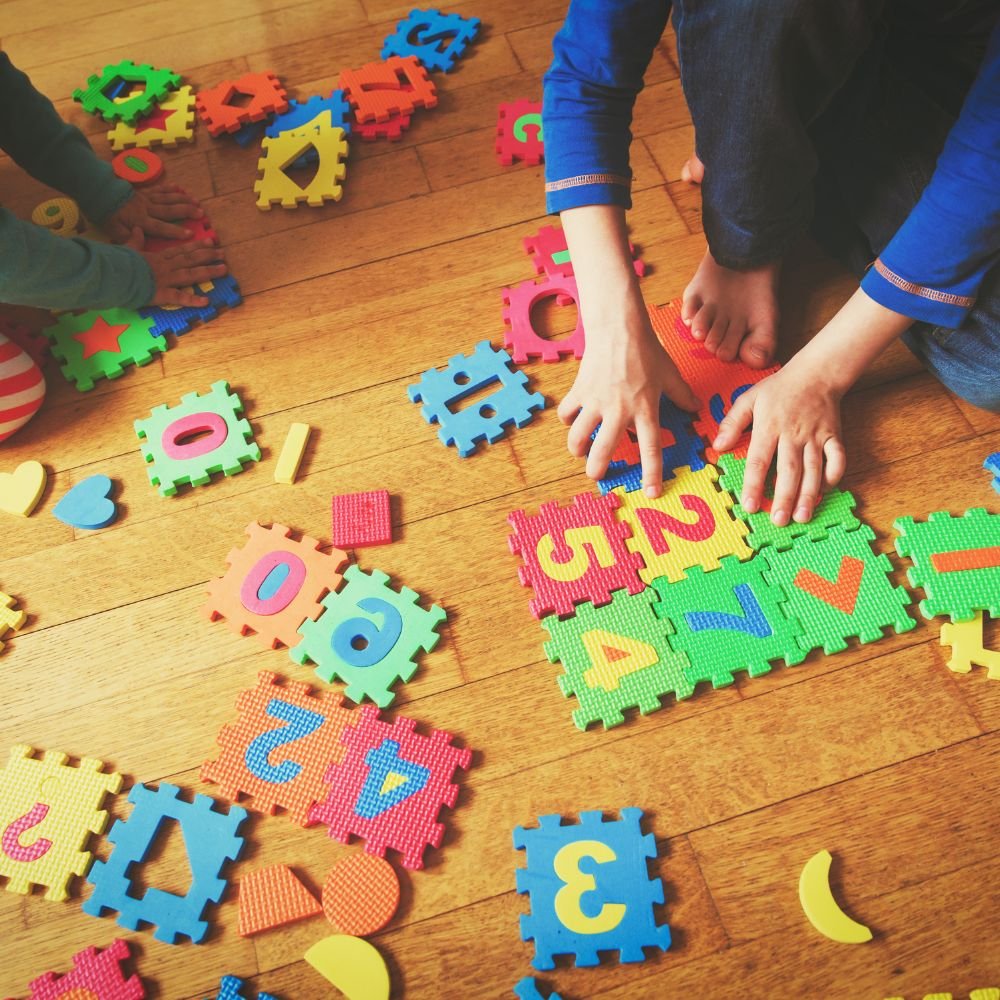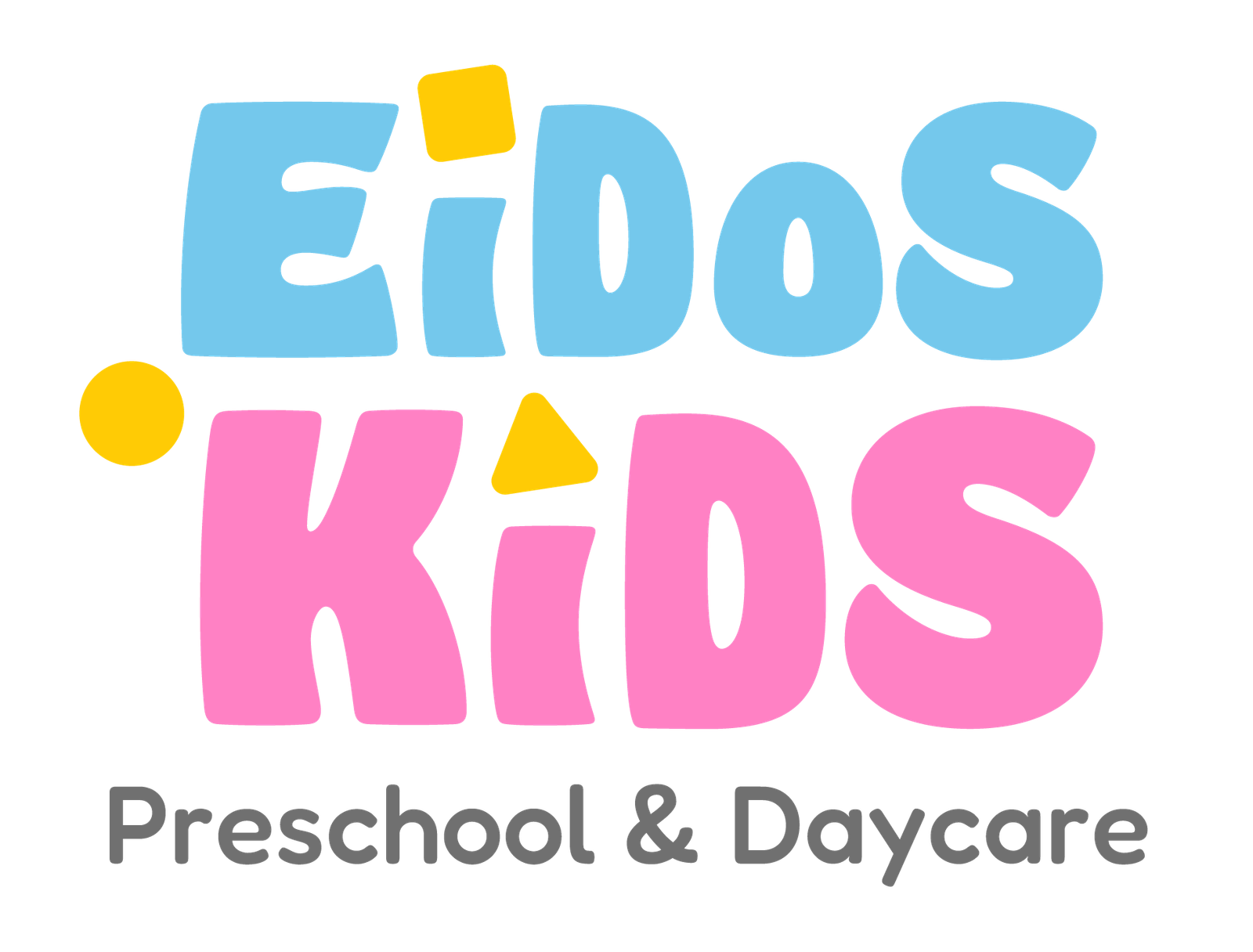
Holistic child development in early childhood education emphasizes the interconnectedness of emotional, social, cognitive, and physical growth. This comprehensive approach recognizes that children learn best when all aspects of their development are nurtured simultaneously. By fostering an environment that supports these various dimensions, educators can create a foundation for lifelong learning and well-being. This perspective encourages the use of diverse teaching methods that cater to individual learning styles and needs, ensuring that every child has the opportunity to thrive.
Incorporating play-based learning is essential in holistic education, as it allows children to explore their interests while developing critical skills. Through play, children enhance their problem-solving abilities, creativity, and social skills, all of which are vital for their overall development. Educators can facilitate this process by providing a rich array of materials and experiences that stimulate curiosity and encourage exploration.
Furthermore, involving families in the educational process strengthens the support system for children, reinforcing the importance of a collaborative approach to learning.
Ultimately, prioritizing holistic development in early childhood education lays the groundwork for future success. Children who experience a well-rounded educational environment are more likely to develop resilience, adaptability, and a love for learning. As society increasingly recognizes the value of nurturing the whole child, educators and policymakers must work together to implement practices that support this vision, ensuring that every child receives the comprehensive education they deserve.
What it does?

A revolutionary new school that redefines the future of education for children.
Copyright © EidosKids.com.All Rights Reserved.